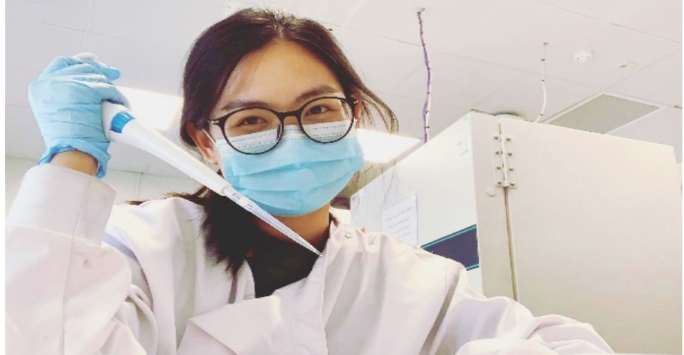
Thanyaporn Tengsuttiwat, 3rd year PhD student provides an insight to her experience and PhD journey studying Biochemistry at the University of Liverpool.
"I am a 3rd year PhD student under supervision of Professor Roy Goodacre and Dr Howbeer Muhamad Ali. I had a wonderful and warmest welcome from both the university and department when I was a freshman.There were so many events and useful inductions that I could get to know people whom finally become friends and felt more confident on where to start my PhD journey. Even during the lockdown, there still were virtual meetings to support us academically or an informal one just to kept everyone sane!
Gladly, I am studying Biochemistry in UOL! Here, we have many of research centres full of high technology equipment and a lot of great researchers and professors in a broad range of study areas. Personally, I decided to study here as it meets my research of interest, metabolomics and our department has a Centre of Metabolomics Research (CMR). Moreover, there are seminars and research talks from great scientists regularly from both in and out of the university and an opportunity for students to present their own research as well.
,2-310x393.jpg)
My research project is to apply the metabolomics approaches to improve the microbial bioprocesses such the recombinant protein production. I have experienced in bacterial culture for protein production and its analysis, i.e., identification and quantification. The metabolic fingerprint of the samples was studied using Fourier transform infrared (FTIR) spectroscopy and we found interesting discriminations among the samples after applying some chemometric analysis such as principal component analysis (PCA), and in combination with discriminant function analysis (PC-DFA). The next step is to employ mass spectrometry-based metabolomics to investigate the metabolic effects of the heterologous protein production in both E. coli and S. lividans hosts. Such approaches may identify the biosynthetic bottlenecks which may support and guide future strategies to improve the efficiency of heterologous protein expression."